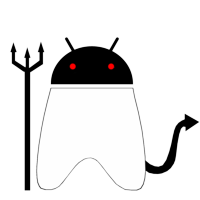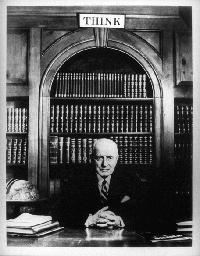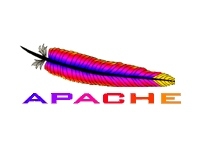
Unfortunately it's not going to mitigate anything. The court case over Google's alleged misuse of Oracle code in Android and copyright violations is going forward. Millions of Android phones have been sold in the last year (including my own) that include the code.
As I have found repeatedly in my own career, you can't unring the bell. Especially when your opponent sees a chance to do you some serious financial damage. The fact that all the “individuals” in the case of Android are corporations only makes the sides more ruthless. No one is really going to die here.
And no one is going to take your Android phone or tablet away from you, either. This is a financial dispute lawyers will handle.
What IcedRobot really illustrates is the growing rift between the interests of people and corporations (who are treated as individuals under American law), a rift open source does not close.

Who's left out in the cold by this? People. People who might want to improve the code themselves, maybe tweak it a little, and have a result that will come close to Java's promise of “write once, run everywhere.” It's people who are left out of these agreements.
The first people I'm talking about are the people of the Apache Foundation, whose Project Harmony lost IBM as a sponsor late last year when its Oracle talks got hot. And anyone who thinks the Oracle-IBM OpenJDK is “open” in any true sense better think again. It's still subject to an Oracle veto, through the Java TcK. (That's not some dirty hippie blogger talking, by the way, it's Forrester Research).
IBM helped Apache launch Project Harmony but dropped it like a hot potato when another big corporation came along offering it a better deal. What this proves is that you not only can't just trust Oracle to be open, but you can't really trust IBM, either. In fact you can't trust any corporate sponsor.

Open source, at its heart, is an effort within software to create equal rights among all developers of a project. It creates this equality through a license, which in its purest form – the GPL – gives both sides of the programming transaction equal rights and equal responsibilities.
But what we've learned over the last year is that corporations have three ways to control a project, not just one. They have the source code (but you can license it on even terms through the GPL), they have the copyright (but you can share that power through an organization like Apache) and they have the money (as IBM has shown).
Where is IcedRobot's money coming from? And under what conditions? Any programmer who likes eating regularly has to make money somehow. Even the wizards at Apache.
For develope
Larry Ellison is laughing his fool head off right now and I have nothing more to say.










We are having a day job and are not Apache wizards either 🙂
We are having a day job and are not Apache wizards either 🙂